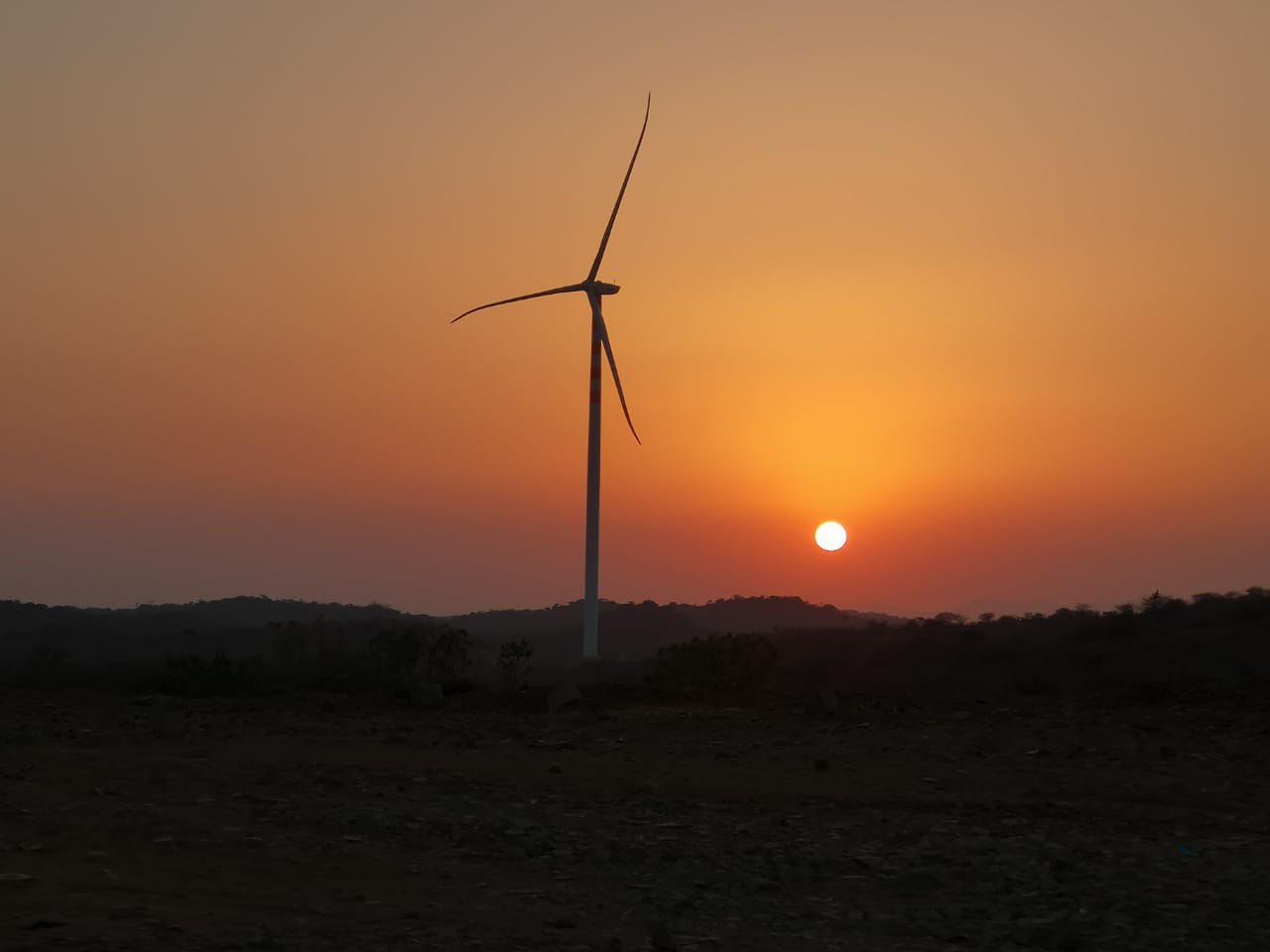Across India, job options for women are often either limited or non-existent – and this is an issue that particularly pervades the country’s rural communities. In fact, United Nations figures [1] show that women account for just 17% of the country’s GDP (far lower than the global average of 37%) and that nearly half do not have a bank or savings account in their own name. So when Actis portfolio company Sprng Energy (Sprng) established its community investment strategy, women’s economic empowerment was an important area to cover, according to Amit Gupta, the renewable energy platform’s Head of ESG.
After gaining approval for its first renewable energy project in Rewa in the state of Madhya Pradesh, the company spent a year learning about local challenges and building trust with the community. “We knew we needed a level of maturity before engaging on the subject of women’s economic participation,” says Amit. “We wanted to build a relationship with local people and to understand in more detail what we could do and how we could help most effectively.”
With a belief that communities are significant stakeholders in its business, Sprng started working with local people to establish free weekly medical camps in villages close to the Rewa project, improve infrastructure at a school and provide year-round safe drinking water, in partnership with PRERANA, a non-governmental organisation in India. Sprng interviewed c. 30 implementation partners before selecting PRERANA, which has over twenty years of rich experience working with development agencies and institutions, civil society organisations, corporates, research institutions and community-based organisations. The business also held community consultations, through which it became apparent that women in the region had limited employment opportunities, with young girls often left with nothing to do after completing their secondary education but wait for marriage.
We wanted to build a relationship with local people and to understand in more detail what we could do and how we could help most effectively.
Amit Gupta, the renewable energy platform’s Head of ESGThrough PRERANA, Sprng promoted a series of Self-Help Groups (SHGs), a well-recognised form of community mobilisation that enables members (often women) to pool resources, improve skills and promote enterprise. Starting with 104 women from 100 households, 10 SHGs were established in 2019.
PRERANA, with Sprng’s support, provided the women with training to run SHGs, including financial management and decision-making, and each participant committed to contributing INR 50 (c.US¢ 70) per month into the SHG savings plan. In addition, it offered 54 women two months of training in stitching and tailoring. “We conducted a needs assessment,” says Anup Kr Singh, the Operational Head of development programs at PRERANA. “It became clear that the villagers were paying others to sew garments for them and that there were few who had these skills, so it was identified as a good area to focus on.”
